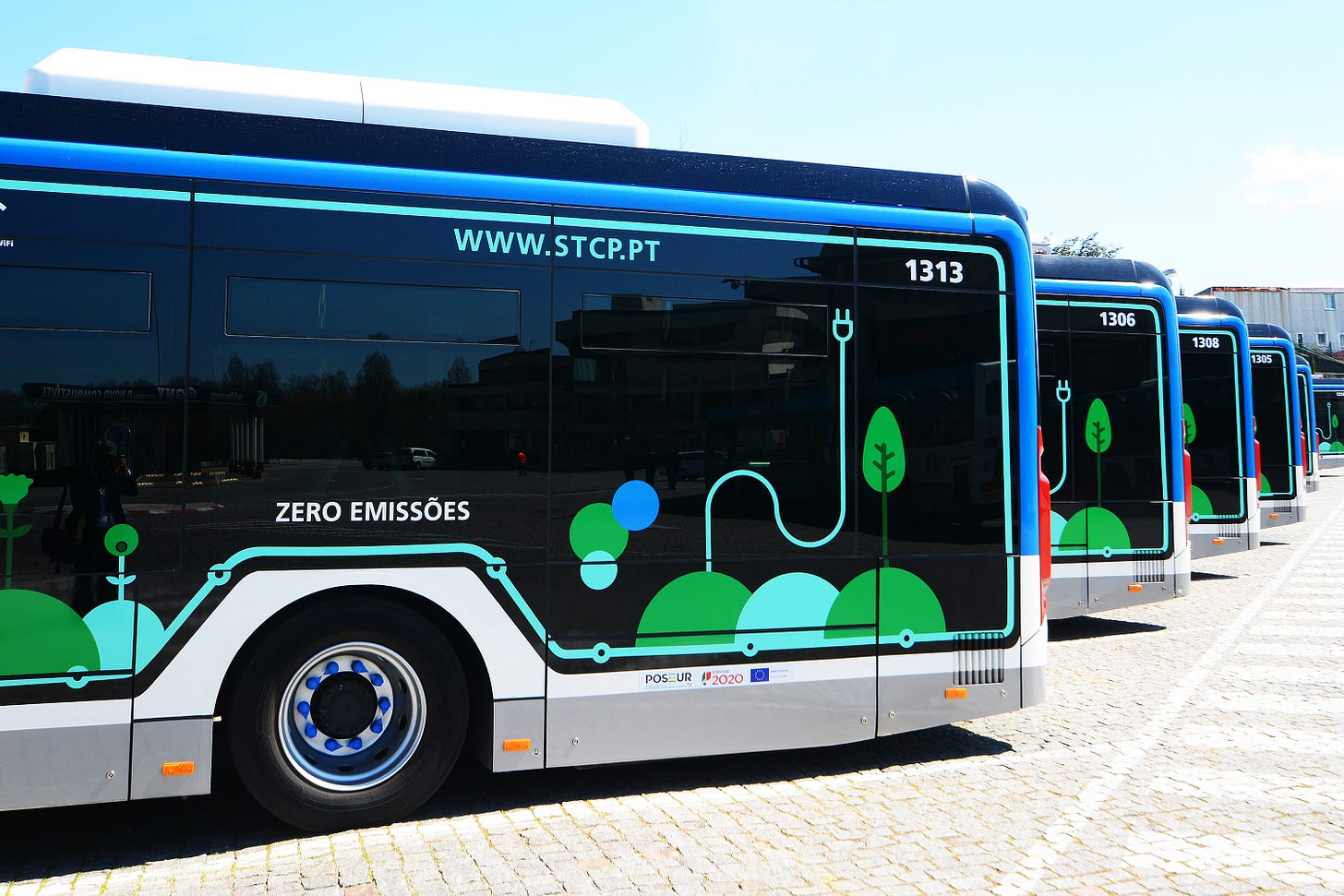Silence, Please! Loud conversations on public transport face fines
National rail operator Comboios de Portugal (CP) is evaluating the introduction of designated “silent carriages,” particularly on the Alfa Pendular.

Listening to loud phone calls, watching videos without headphones, or even joining video conferences in public transport has become a common sight in Portugal.
For some, it’s part of the daily commute. For others, it’s a growing nuisance, yet formal complaints remain rare.
According to data from Portugal’s Mobility and Transport Authority (Autoridade da Mobilidade e dos Transportes, AMT), only 121 out of nearly 29,000 complaints filed in 2024 were related to noisy or disruptive passenger behavior.
Despite this, such disturbances can result in fines ranging from €50 to €250, though penalties are seldom enforced.
CP Considers "Silent Carriages" Inspired by Europe
National rail operator Comboios de Portugal (CP) acknowledges the issue and is evaluating the introduction of designated “silent carriages,” particularly on long-distance services like the Alfa Pendular.
The move is inspired by countries like France, Germany, and Italy, where such quiet zones are already standard.
CP currently displays onboard messages encouraging passengers to lower their volume but admits it is reassessing its stance.
Nearly a decade ago, the company rejected the idea of silent carriages, arguing that phone etiquette was a matter of civility.
Now, with loudspeaker calls and video meetings becoming the norm, the policy may change.
Road Transport: Few Complaints, But Awareness Grows
Bus operators Rede Expressos and Flixbus report minimal complaints about noise but recognize the problem.
Rede Expressos plays onboard videos encouraging considerate behavior, including keeping phone volumes low.
Interestingly, drivers themselves are sometimes the source of noise—due to loud radios.
Flixbus, which collects passenger feedback after each trip, has received suggestions explicitly recommending headphone use.
The company is considering adding such reminders to pre-journey announcements if disruptions increase.
Experts suggest passengers have grown accustomed to the noise, normalizing loud conversations and video calls. But operators and authorities are taking note.
The AMT confirms that “using sound devices in a way that disturbs others is an offense” and has issued fines, though mostly in rail transport, where it holds jurisdiction.
A Cultural Shift in Public Transport Etiquette
As public spaces grow noisier, the debate over civility in transit gains traction.
While silent carriages may offer a solution, the broader challenge remains: balancing personal freedom with collective comfort.
For now, headphones might be the easiest defense against Portugal’s increasingly cacophonous commutes.
— Source material by Público




As usual, rules are made (para ingles ver), rules are ignored, rules aren't enforced, more rules are made (para ingles ver), rinse and repeat. Nothing has any meaning without enforcement - see also the right to not be contacted outside of working hours, traffic rules, noise complaints, illegal dumping, etc, etc, etc.